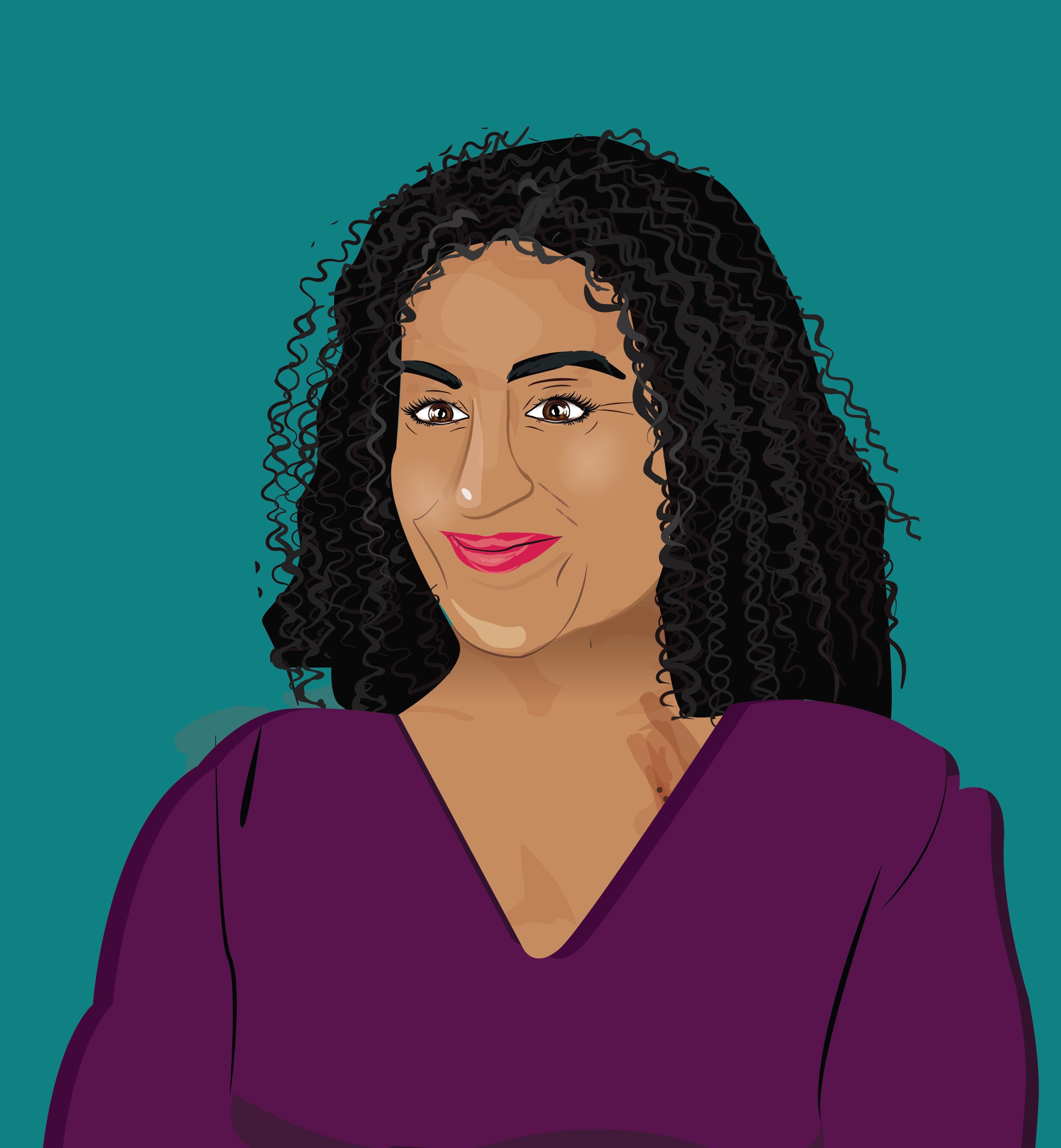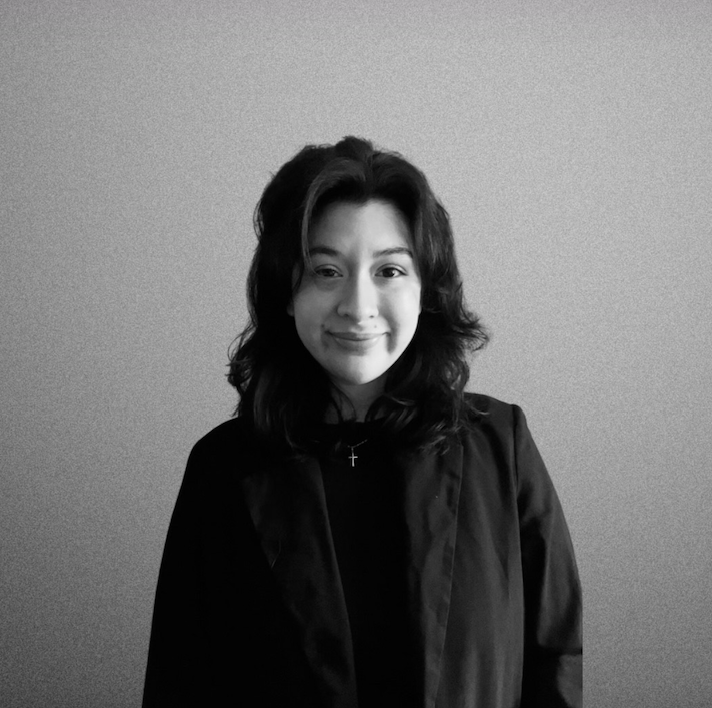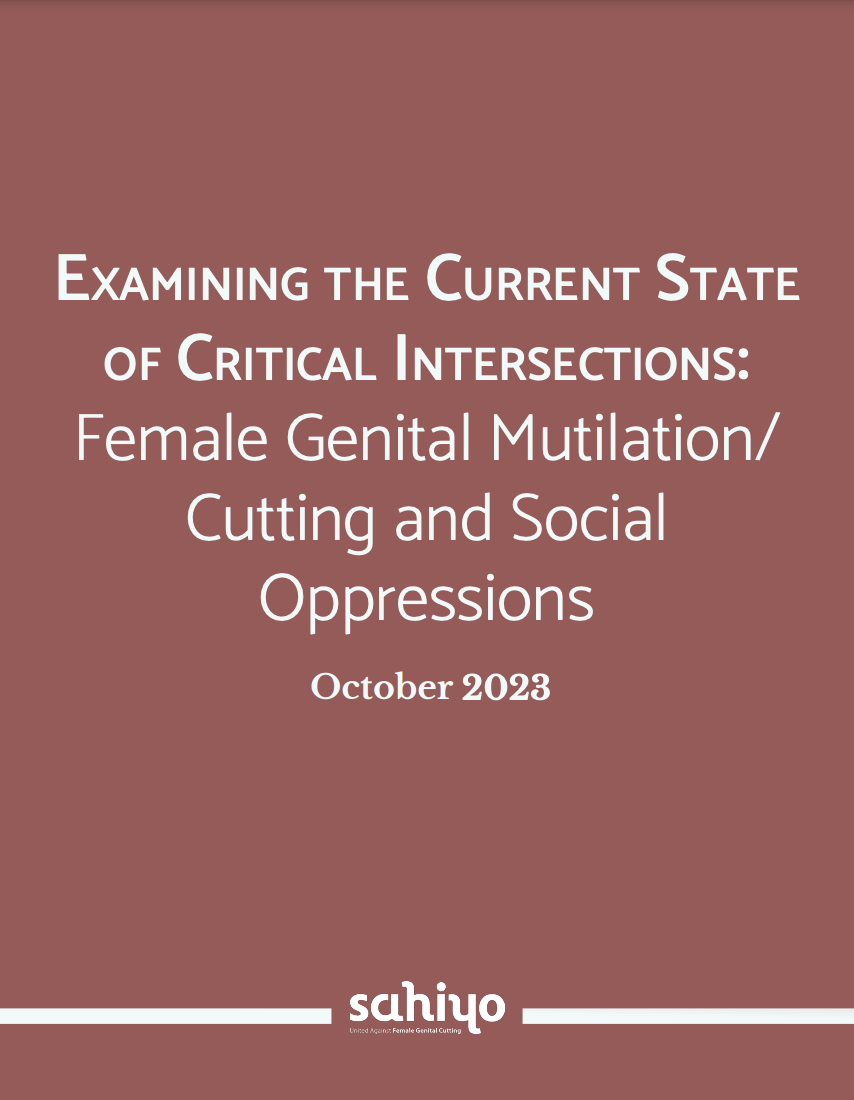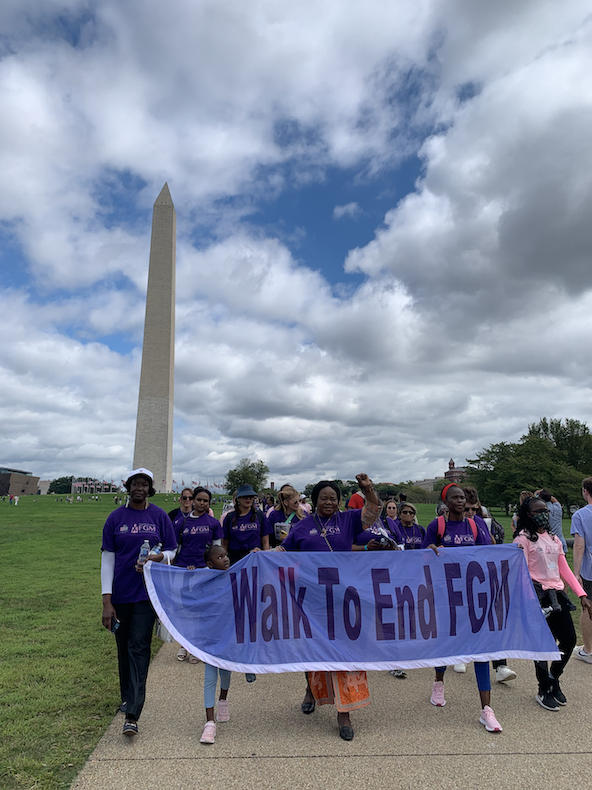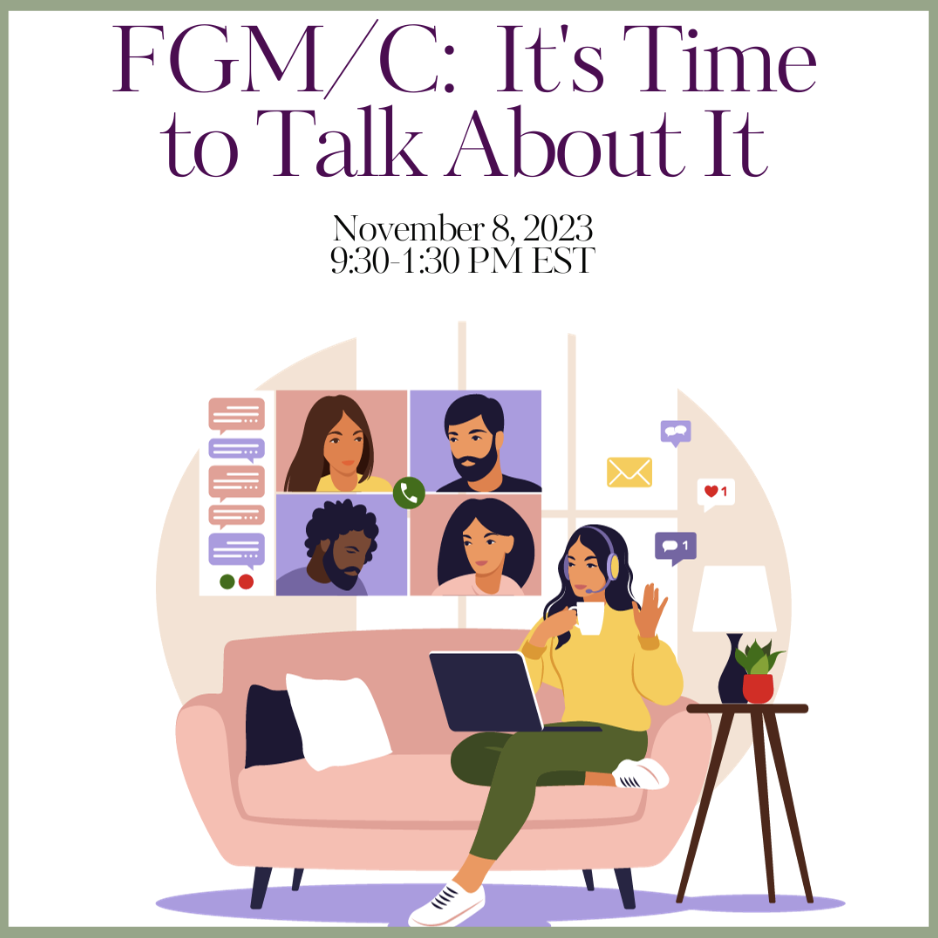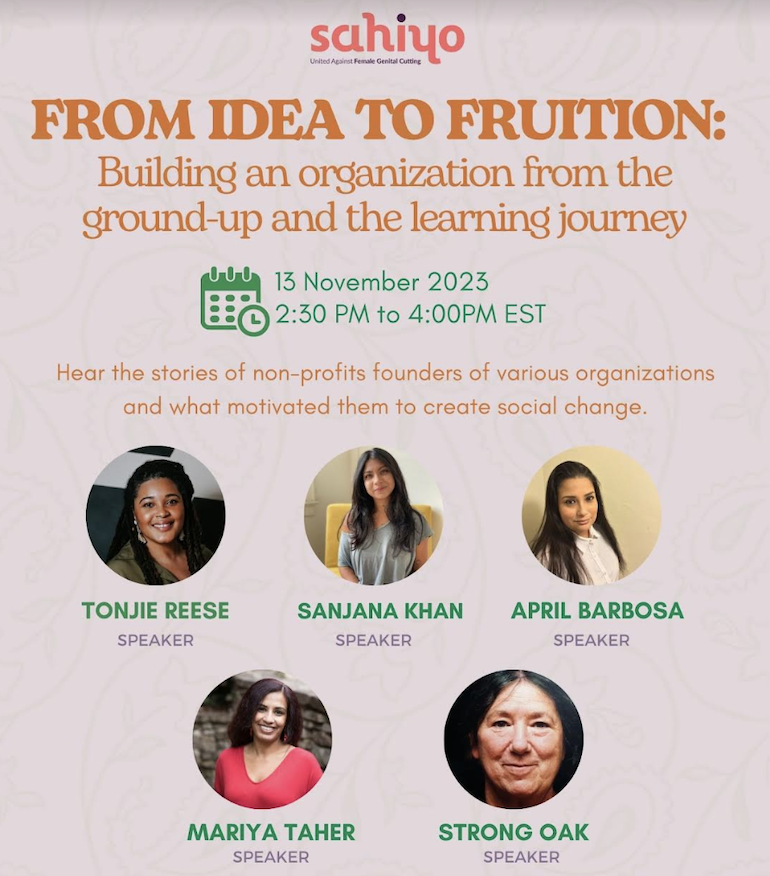Dear Maasi is a column about everything you wanted to know about sex and relationships but were afraid to ask! It’s a partnership between Sahiyo and WeSpeakOut, and is for all of us who have questions about khatna (female genital mutilation/cutting or FGM/C) and how it impacts our bodies, minds, sexualities and relationships. We welcome you to submit your anonymous questions.
Dear Maasi,
Although I’ve emotionally resolved much about the FGM/C trauma through therapy, there are times when it pops into my mind in an unexpected way, for example, the odd time when I’m urinating. It might be a depressing thought, or a prickly pain down there. At these moments, I feel awful and sad, and angry that FGM/C can still intrude upon my life. How can I stop it?
—Mariam
Dear Mariam,
Thank you for this important question. Sometimes our FGM/C trauma and their triggers can feel difficult to understand. In my April 2021 column, I talked about this:
“Trauma memories are often implicit, because trauma floods our brain with cortisol, the stress hormone, which shuts down the part of our brain that encodes memories and makes them explicit. Our implicit memories can be like invisible forces in our lives, impacting us in powerful ways.” (https://www.psychalive.org/making-sense-of-implicit-memories/)
These “invisible forces” show up in the ways you’ve described, in those seemingly random moments when you’re not expecting them to. Trauma impacts both our mind and body and can keep our nervous systems on alert for perceived threats, even when there is no actual threat present.
Frustrating right? I am not sure that we can stop it, but we can lessen the suffering. One powerful strategy is mindfulness, which originated in eastern and Buddhist philosophy and uses moment-to-moment awareness to cope and reduce distress.
Mindfulness has helped me when I have uncomfortable thoughts, feelings, or bodily experiences. For example, when I feel discomfort in my genitals, I have learned (with a therapist's help, reading, and lots of practice) to respond to it as a neutral sensation. The goal is to acknowledge the sensation without reacting negatively. How we respond and talk to ourselves matters.
-I might say "Oh! There's that sensation in my vulva" or “Oh! There’s that memory” versus "Oh! There's that awful/weird/unpleasant pain" or “Oh! There’s that horrible memory that will never go away”.
-I'll then breathe into the sensation or memory, and send love to my body or mind.
When I first tried this exercise, it didn’t work immediately, or feel believable; in time, with lots of repetition, it started to work. This is because the repetitive practice builds new neural networks that allow us to have new responses. One way to remember to practice is to post a picture or words that will help you remember. Mariam, in your case, you could post this reminder in the bathroom, right across from the toilet.
Hope this helps, Mariam. And as always, remember that sexual pleasure and healing is our birthright!
—Maasi
About Maasi, aka Farzana Doctor:
Farzana is a novelist and psychotherapist in private practice. She’s a founding member of WeSpeakOut and the End FGM/C Canada Network. She loves talking about relationships and sexuality! Find out more about her at http://www.farzanadoctor.com
Disclaimer:
While Farzana is full of good advice, this column won’t address everyone’s individual concerns and should not be used as a substitute for professional medical or psychological care.

